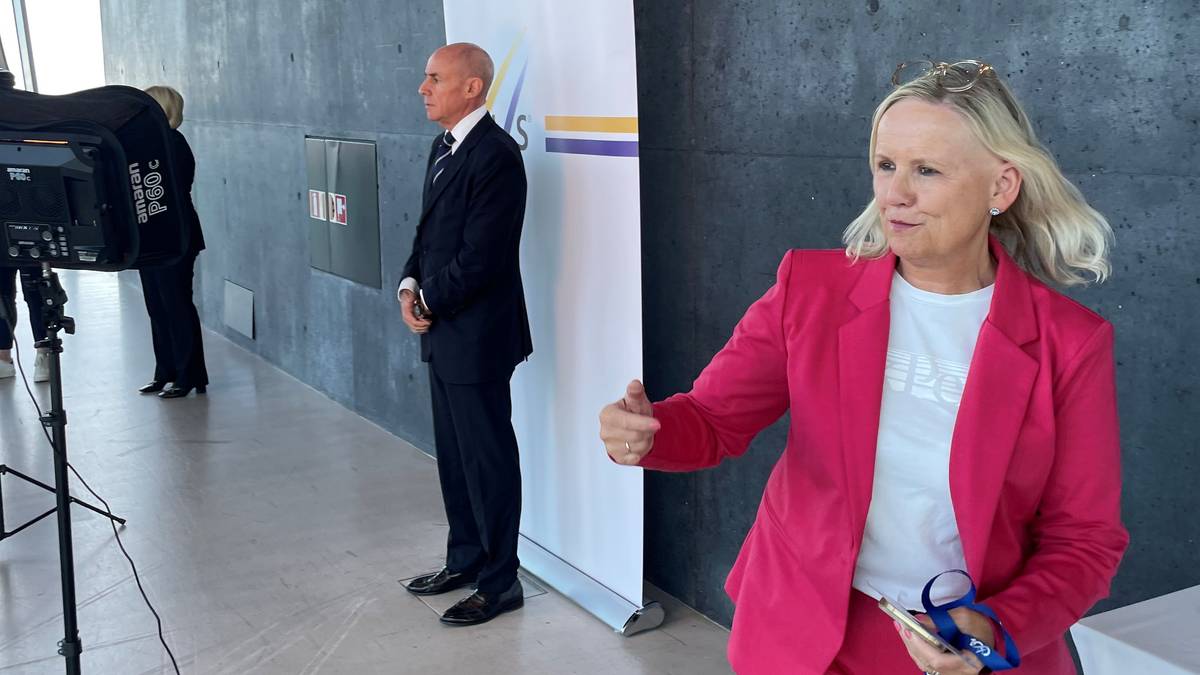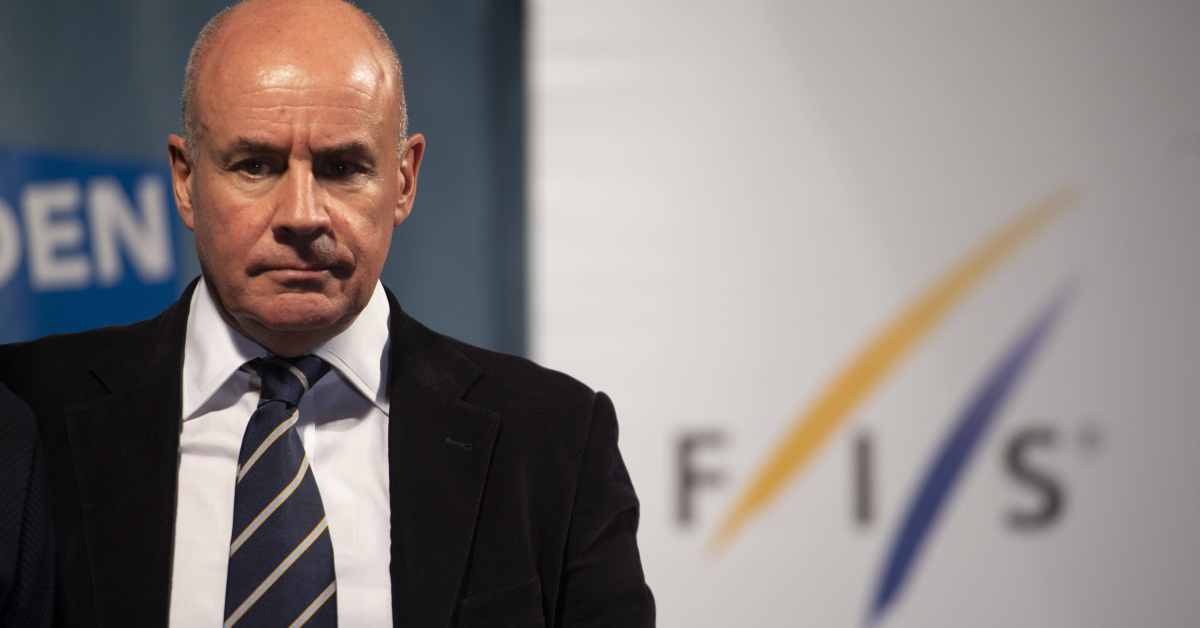
Legal Battle Between Nations and FIS Over Rights
Originally published in NRK on September 24, 2024
Two nations have launched a legal challenge against the International Ski Federation (FIS), citing that their rights were stripped from them without due process.
Both the German Ski Federation and the Austrian Ski Federation have taken action against the FIS. On Tuesday, the FIS board is set to convene for a crucial discussion that could shape the future of competitive skiing.
Stefan Schwarzbach, a representative from the German Ski Federation, explained that longstanding international competition regulations previously allocated rights to national federations. However, recent sudden changes have put these federations at a distinct disadvantage.
For some time, the federations kept their legal actions against FIS under wraps. Now, with the board meeting fast approaching, it could potentially address a highly controversial decision made in April.
Reports suggest that the Norwegian Ski Federation (NSF) has also been invited to join the legal challenge, although the NSF has refrained from commenting and has not undertaken any legal measures itself. Nevertheless, tensions remain high within the international skiing arena.
This dispute centers on financial governance and has significant implications for the future of skiing worldwide.
Conflict Within FIS
Norway, along with several other nations, is currently engaged in an intense struggle with the international ski federation. Here’s a brief timeline of key events:
- June 4, 2021 – Johan Eliasch is elected as FIS president.
- Summer 2023 – FIS enters into a partnership with Infront, centering around rights consolidation.
- February 21, 2024 – A crisis meeting is held, yielding no solutions as both factions stand at odds.
- April 26, 2024 – The FIS board votes in secret to enforce centralization.
- May 2024 – The standoff intensifies, with federations threatening legal proceedings and demanding transparency from FIS.
In April, FIS enacted a pivotal rule change that transferred ownership of television and marketing rights for World Cup events away from individual countries.
Eliasch has referred to this centralization as a means to unlock new opportunities in media and content creation, with promises of enhanced engagement for fans. In stark contrast, Schwarzbach argues that this situation, rooted in longstanding practices since the advent of the World Cup, constitutes a critical threat to the financial welfare of national federations.
Potential Consequences
Should federations refuse to comply with the new regulations, they may withdraw from hosting World Cup events altogether. FIS maintains that it possesses the authority to modify the rules and that the changes underwent a democratic process.
Conversely, national federations, including those from Germany and Austria, are fiercely opposing the centralization agreement, arguing that it infringes upon their rights. They have hinted at withdrawing from future FIS negotiations if the decision made in April remains unchanged.
The forthcoming FIS board meeting could prove decisive, with newly elected members potentially reconsidering April’s resolution. Failing to revoke the decision might not only spell disaster for international skiing but could also threaten the very existence of the current structure of the international ski federation.
See Also

Controversy Erupts Over Secret Vote at FIS Executives Meeting
April 27, 2024 / Yle
Swedish Ski Federation Reacts to FIS Decision on Centralized Broadcasting Rights
April 27, 2024 / SVT Sport
Potential Loss of World Cup Events for Sweden in Cross-Country Skiing
August 28, 2024 / SVT Sport